This one is a stumper! Several regional experts have been searching for the perfect ID on this one, and the closest we come to is a rush skeletonwood. Unfortunately many of the plants with basal, rosette style growth such as this are difficult to identify from their juvenile winter growth. Add to that the propensity of many weeds to self hybridize in the wild, and you get some weeds that are impossible to accurately pin down early in the season. Should you be able to return to this area later in the spring or early summer, and take a photo of this plant in flower, we’d love to take another shot at it!
Plants that grow rosettes in this manner are often biennials – they grow one year, stay low to the ground over the winter, and bloom the next season. Many of them also have tap-roots that allow them to be very drought tolerant or grow in rocky, well drained soils. When they seed in an area where the conditions are right for germination many plants can grow in a single year making it look as if they are a ground cover. In dryer seasons when fewer seeds sprout, however, such biennials are more widely scattered.
We’d love to keep looking at this if you can take a photo of a flower. The distinctive edges of these leaves lead us to lean toward a skeletonweed, but once spring hits and the plant continues to fill out and grow it could change in leaf-shape significantly. We hope you can keep us posted!!!
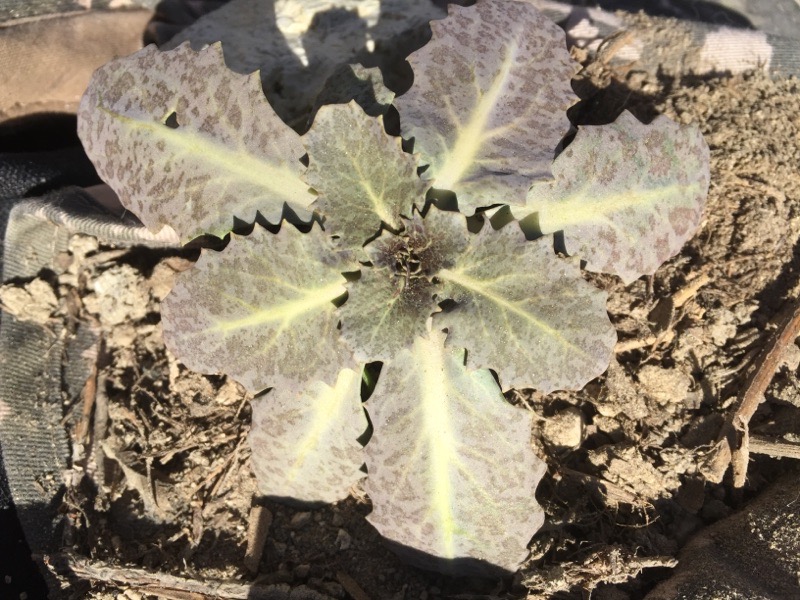
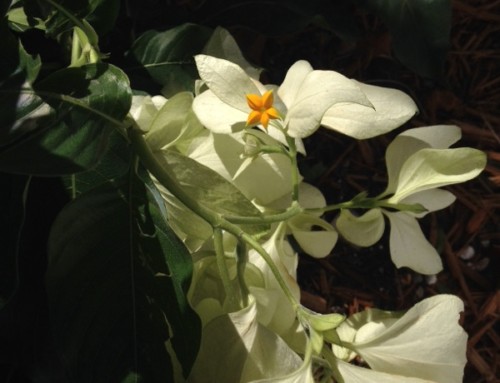
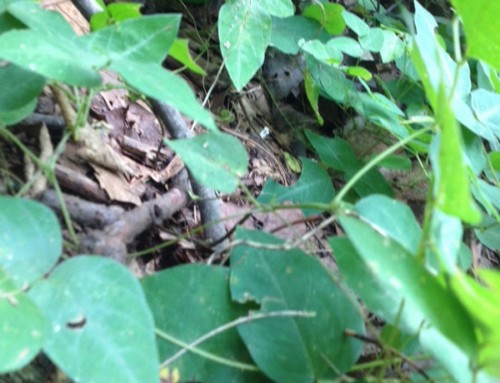
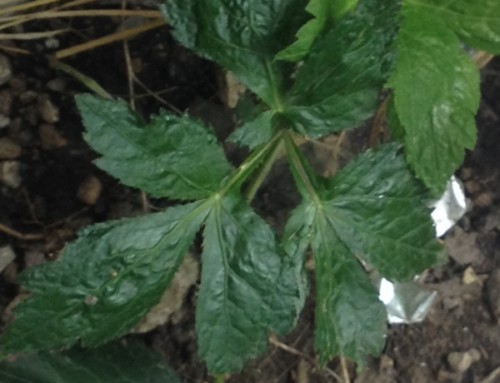
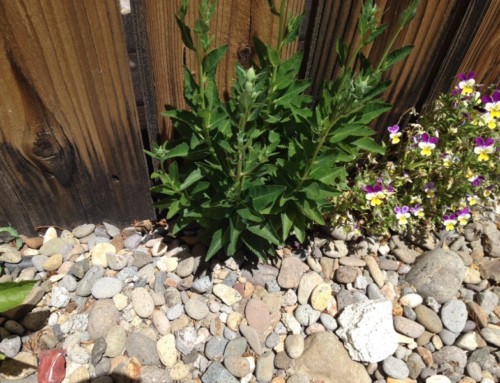
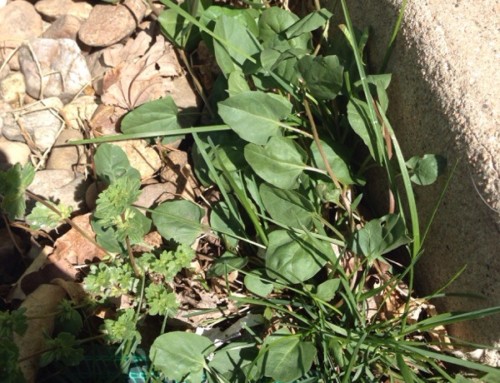
Leave A Comment